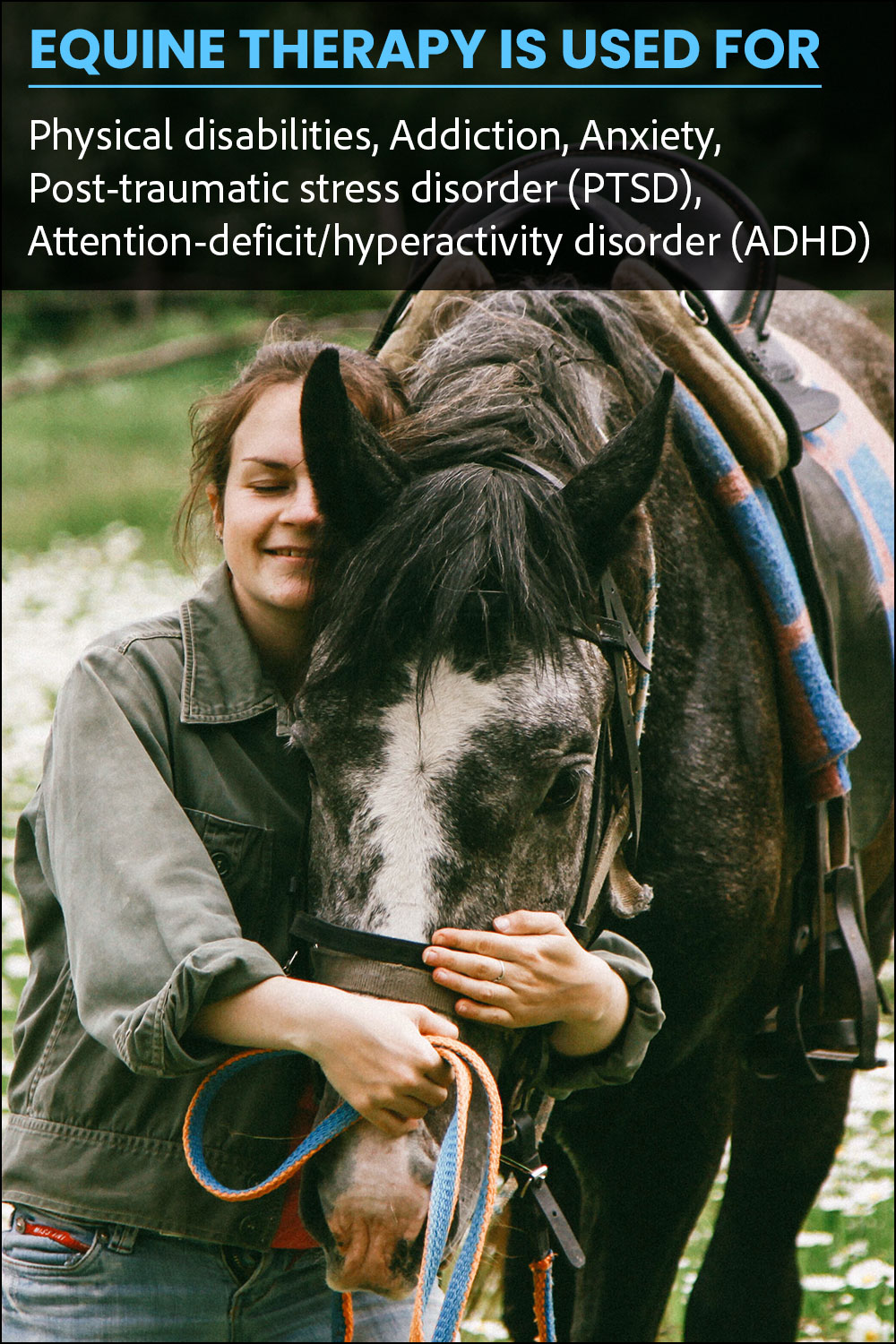Horses for Anxiety Management in Children

Anxiety in children is a growing concern worldwide, affecting their emotional well-being and daily functioning. Innovative therapeutic approaches, such as equine-assisted therapy, have gained attention for their effectiveness in managing anxiety symptoms. This article explores how horses can play a vital role in anxiety management for children, highlighting benefits, methods, and practical considerations.
Understanding Anxiety in Children
Anxiety disorders in children manifest as excessive worry, fear, and behavioral changes that interfere with normal activities. Common symptoms include restlessness, irritability, difficulty concentrating, and physical complaints like headaches or stomachaches.
What is Equine-Assisted Therapy?
Equine-assisted therapy (EAT) involves interactions between patients and horses under the guidance of trained professionals. It encompasses various activities such as grooming, riding, and groundwork, designed to promote emotional growth and healing.
Benefits of Equine-Assisted Therapy for Anxiety
- Emotional Regulation: Horses respond to human emotions, helping children become more aware and in control of their feelings.
- Building Trust and Confidence: Developing a bond with a horse fosters trust and boosts self-esteem.
- Physical Activity: Riding and caring for horses encourage physical movement, which can reduce anxiety symptoms.
- Mindfulness and Presence: Working with horses requires focus on the present moment, aiding mindfulness practices.
How Horses Help Manage Anxiety in Children
| Mechanism | Description |
|---|---|
| Non-judgmental Interaction | Horses provide a safe, accepting environment without criticism or judgment. |
| Sensory Engagement | Touching and grooming horses stimulate sensory pathways, calming the nervous system. |
| Routine and Responsibility | Caring for horses instills a sense of routine and responsibility, which can be grounding. |
| Social Skills Development | Interaction with therapists and horses enhances communication and social skills. |
Practical Considerations
- Professional Guidance: Always engage with certified equine therapists.
- Safety Measures: Ensure proper safety gear and supervision.
- Individualized Programs: Tailor activities to the child’s specific needs and anxiety levels.
Frequently Asked Questions (FAQ)
Q1: Is equine therapy suitable for all children with anxiety?
A1: While beneficial for many, it may not be appropriate for children with severe allergies, fear of animals, or certain physical limitations.
Q2: How long does it take to see improvements?
A2: Results vary; some children show progress within weeks, while others may need longer-term engagement.
Q3: Can parents participate in the therapy sessions?
A3: Yes, parental involvement is often encouraged to support the child’s progress.
Conclusion
Horses offer a unique and effective avenue for managing anxiety in children by combining emotional, physical, and social therapeutic elements. With proper guidance and safety, equine-assisted therapy can significantly enhance a child’s coping skills and overall well-being.
This article is designed to be SEO-friendly by incorporating relevant keywords such as “equine-assisted therapy,” “anxiety management in children,” and “therapeutic benefits of horses,” structured with tables, lists, and FAQs to improve readability and engagement.
